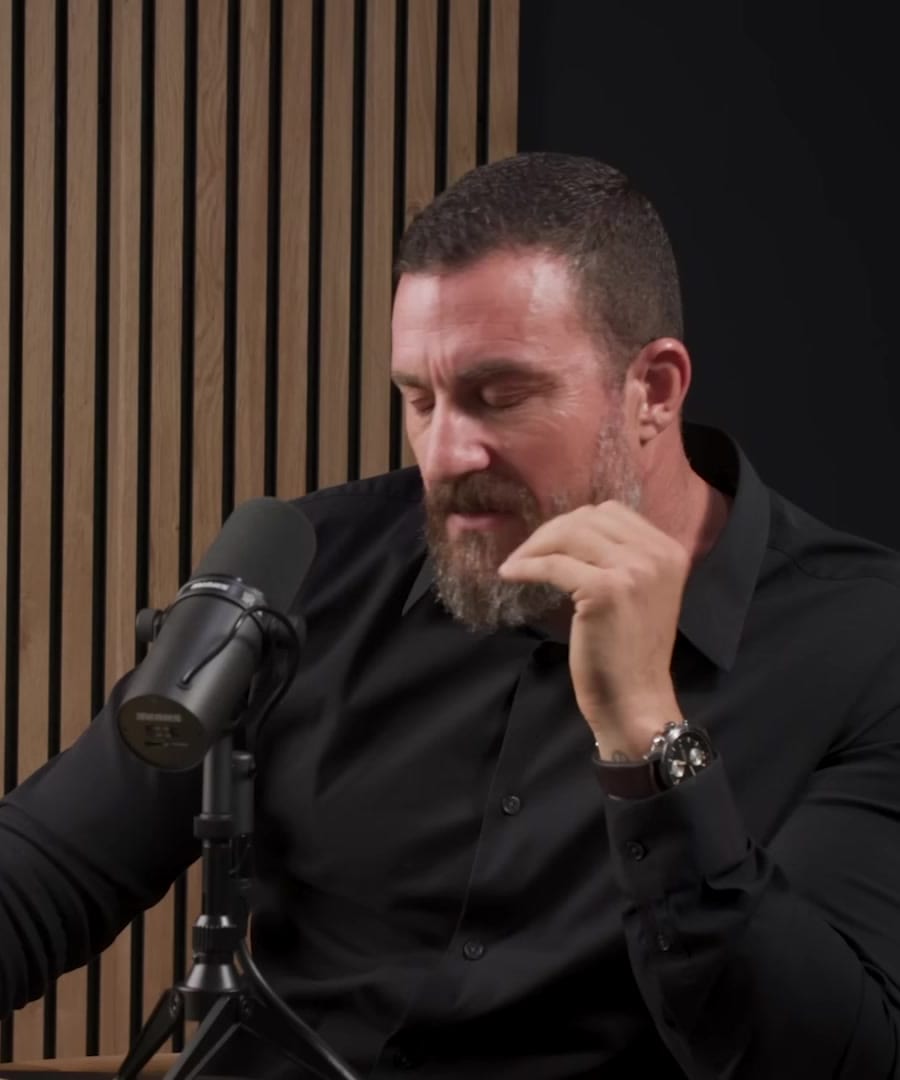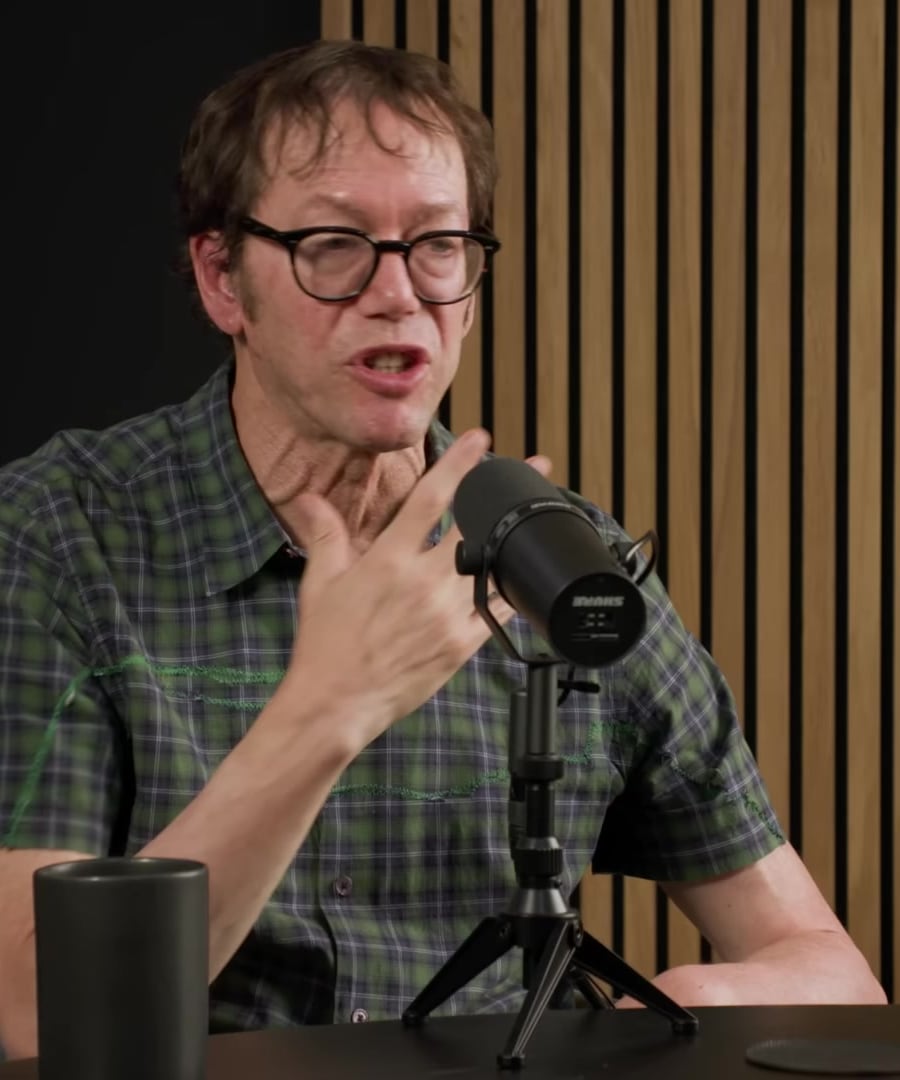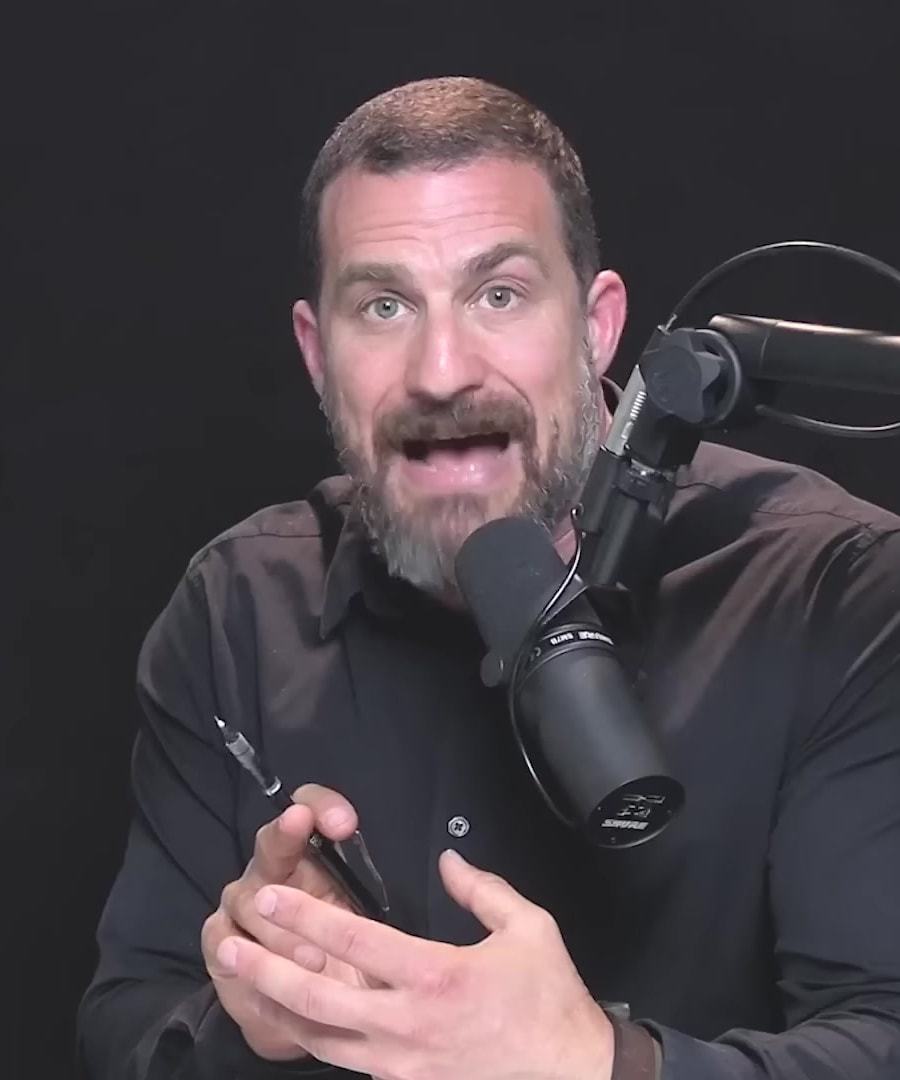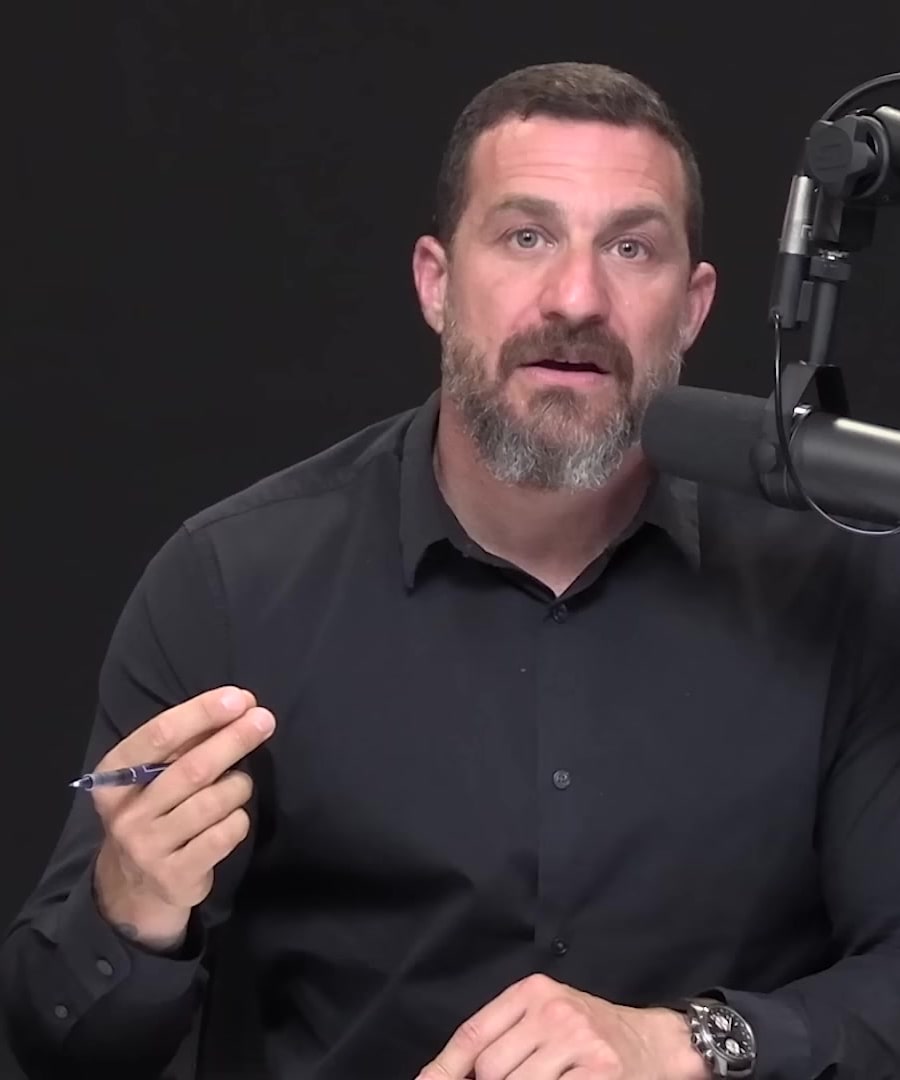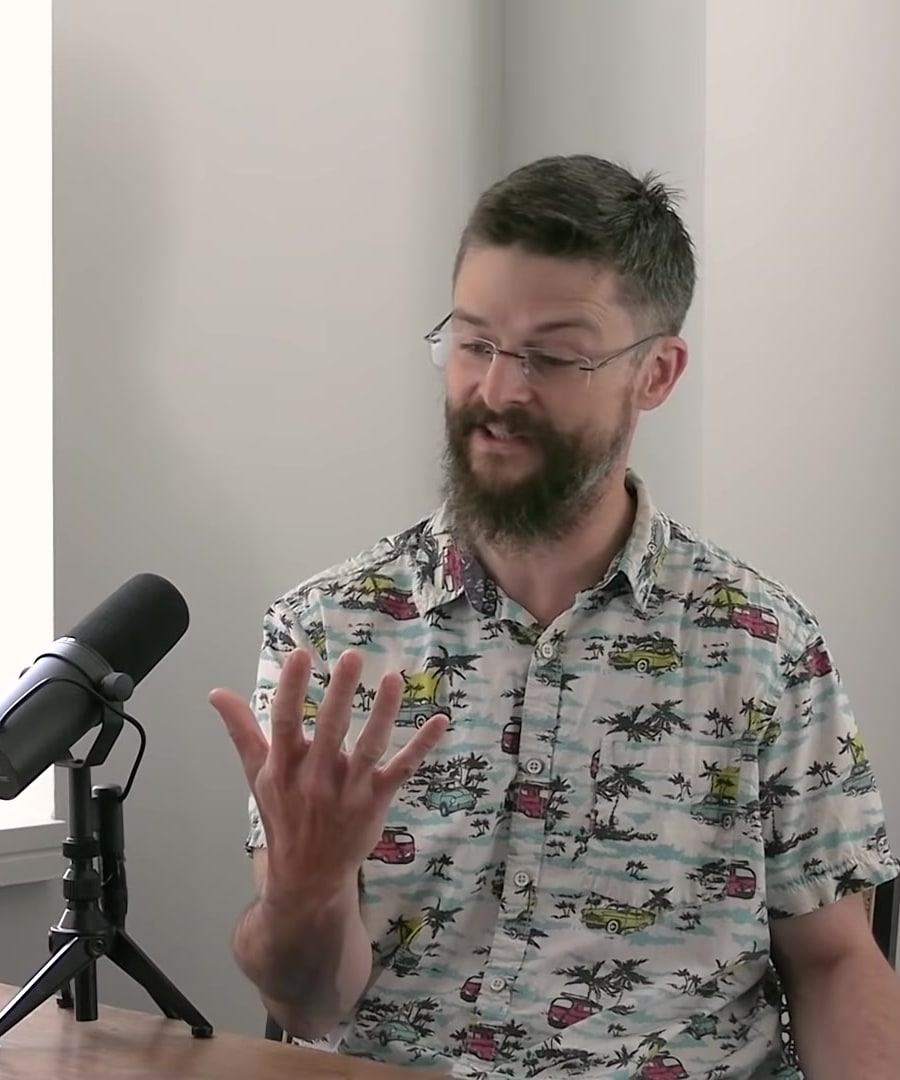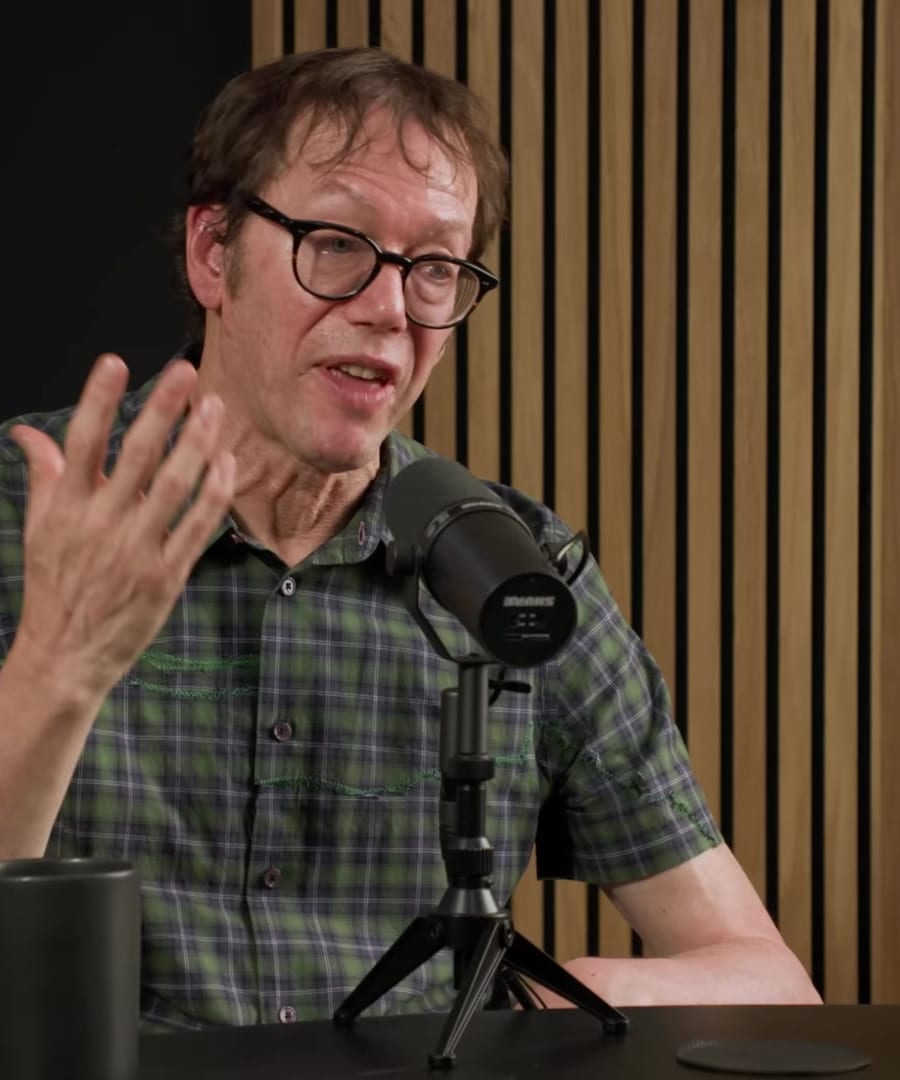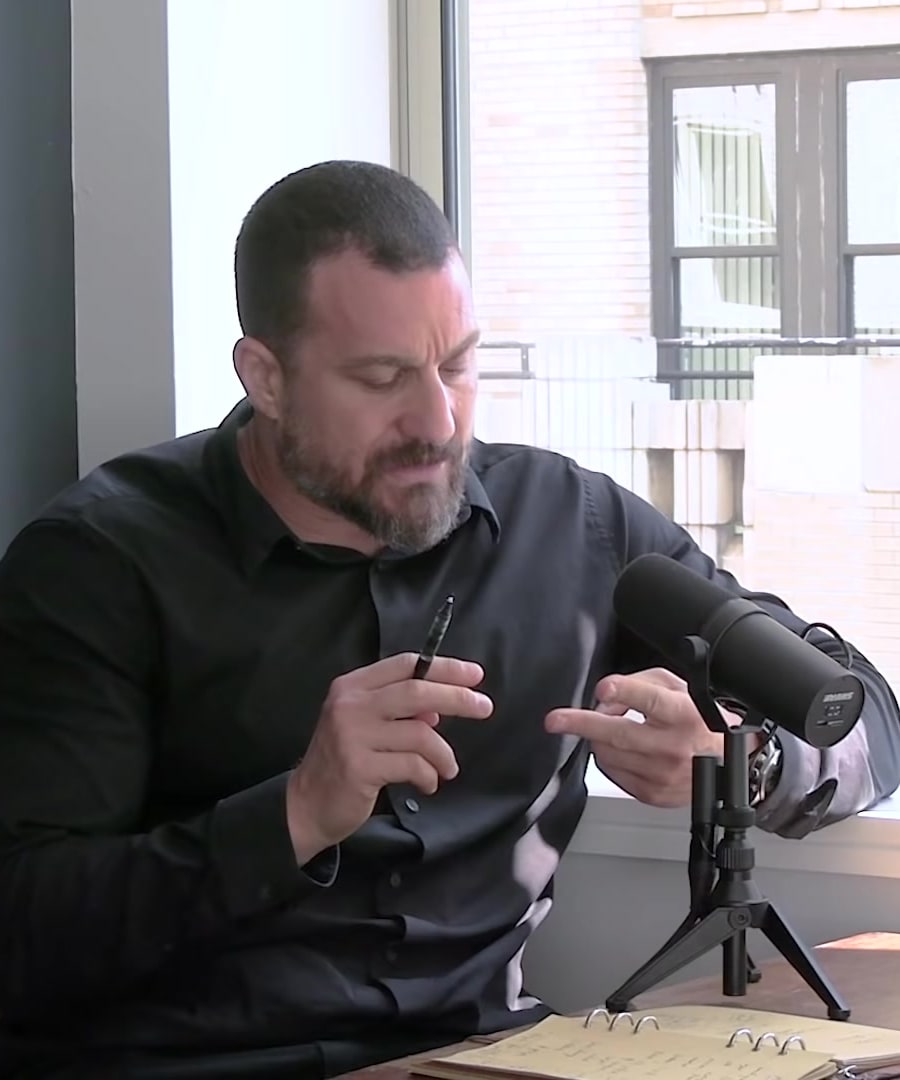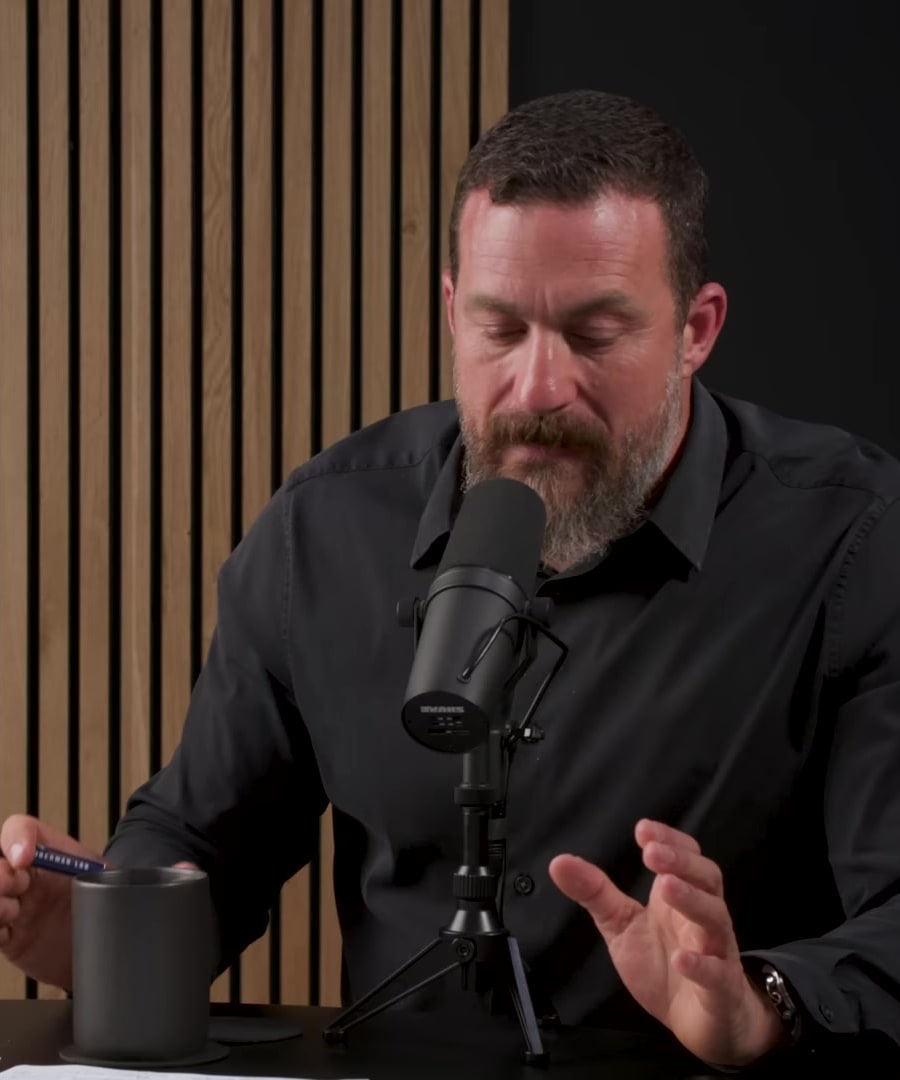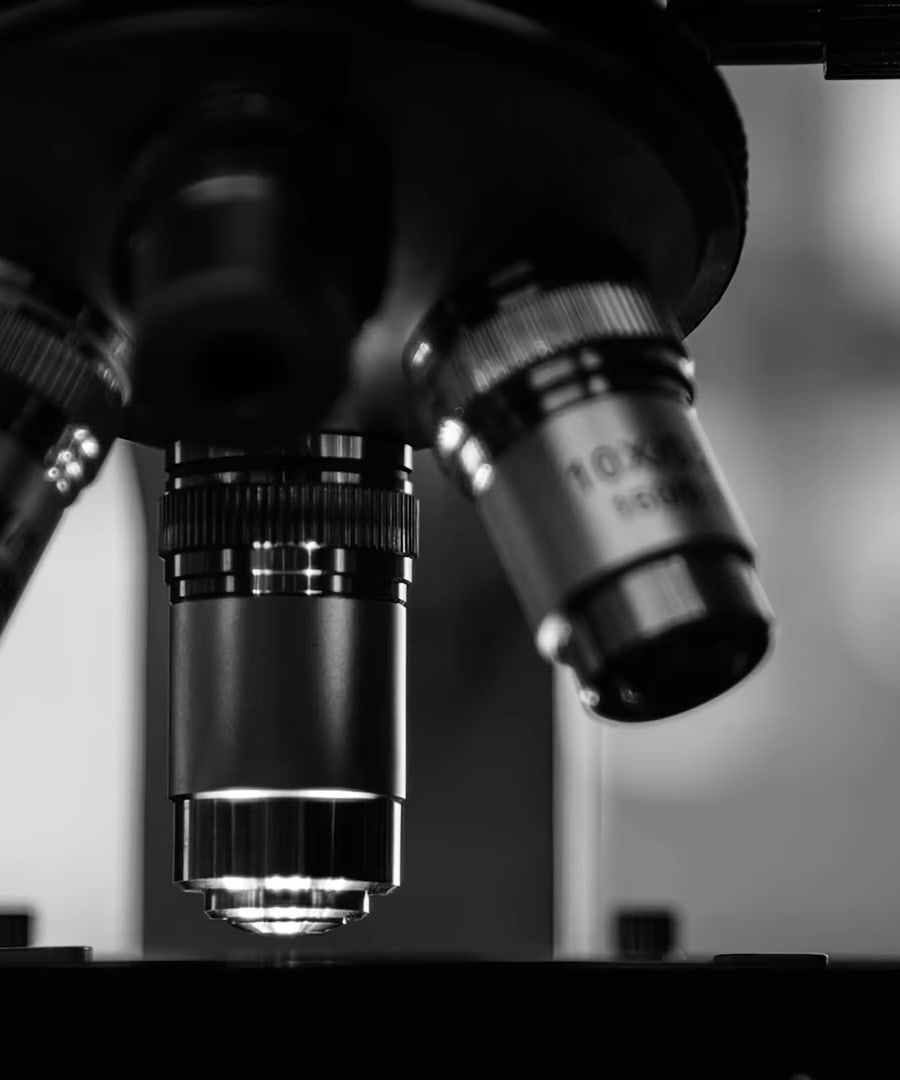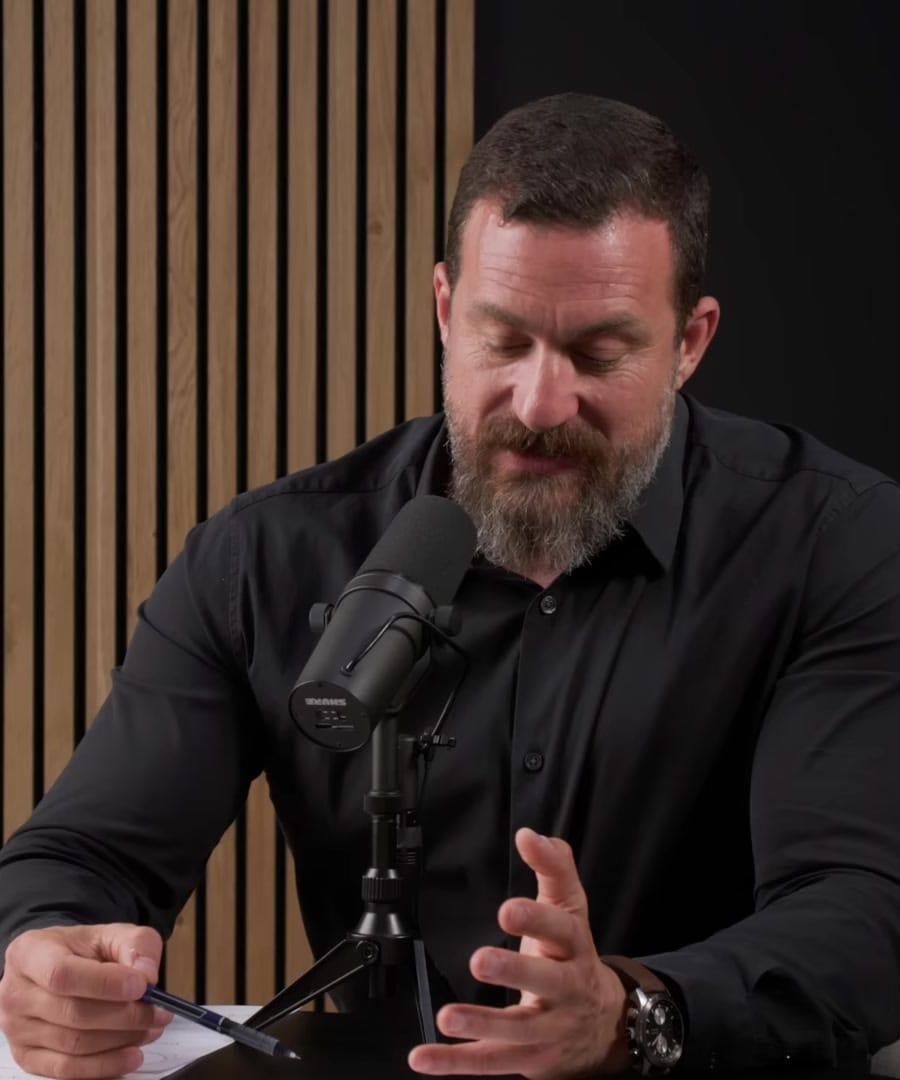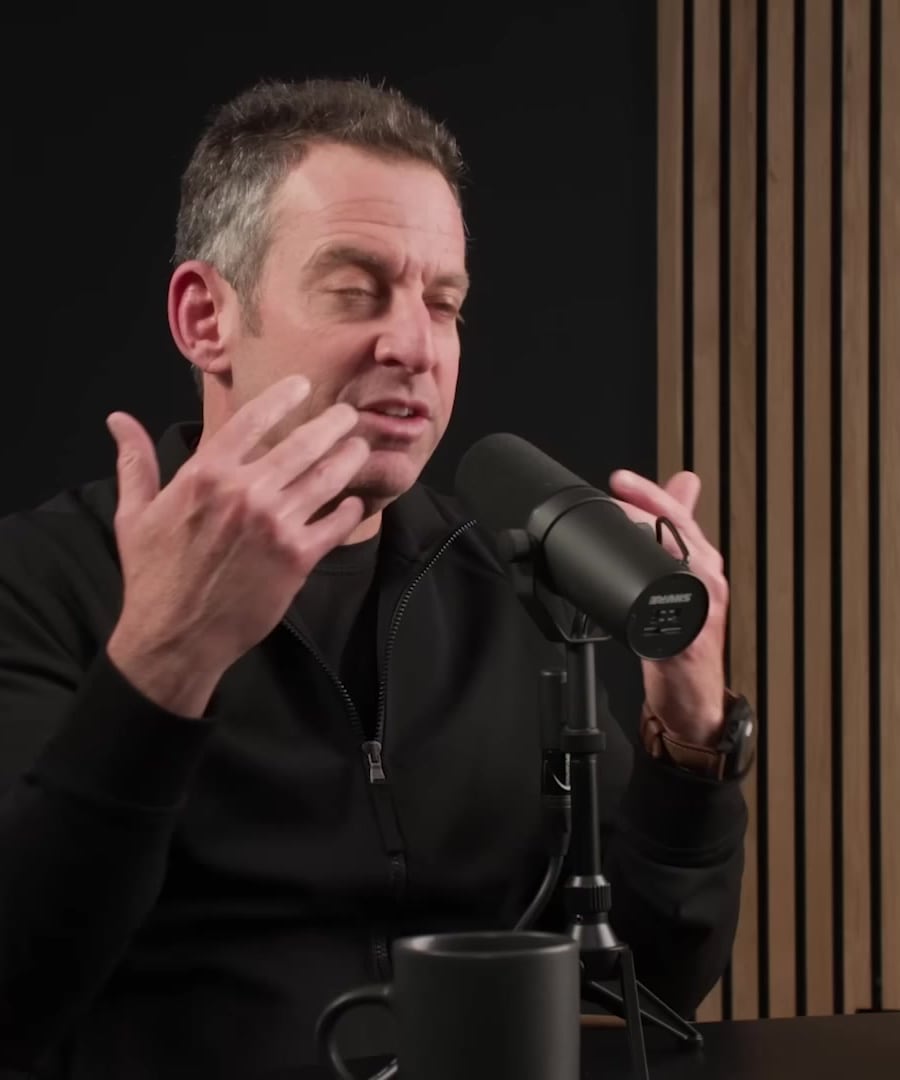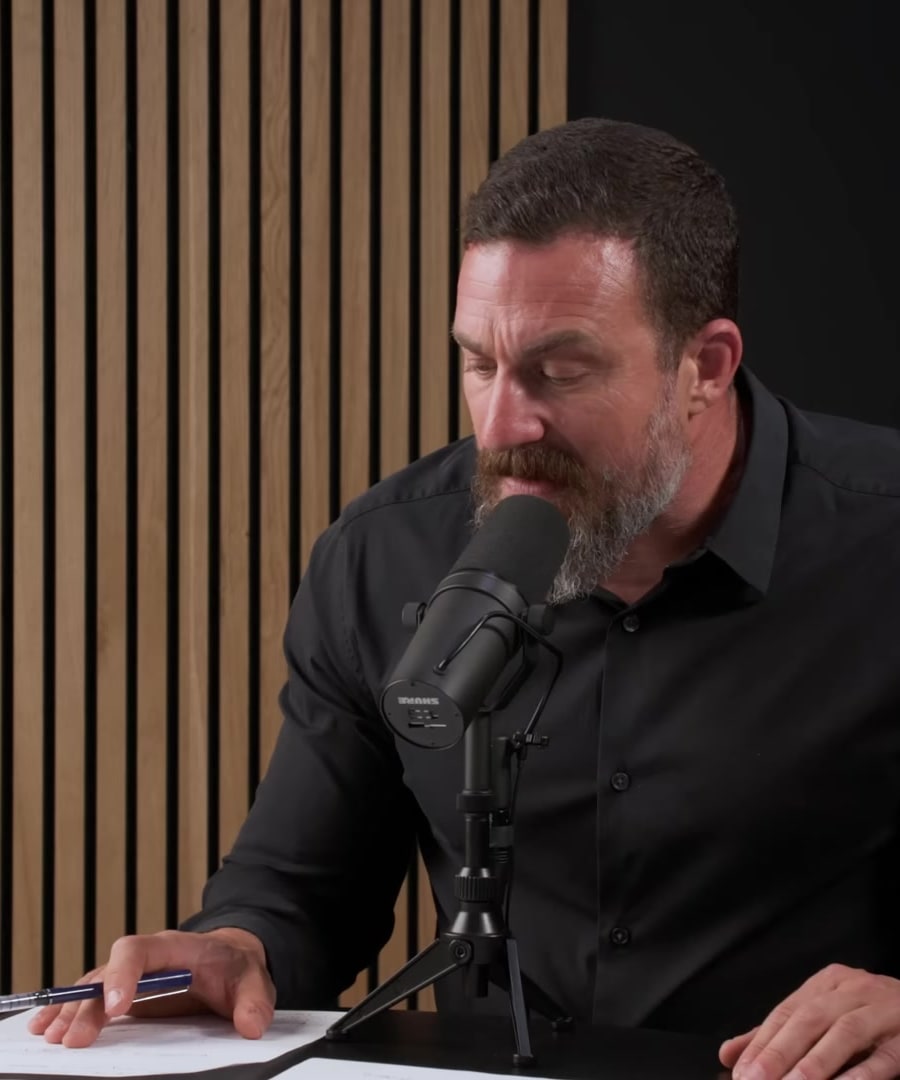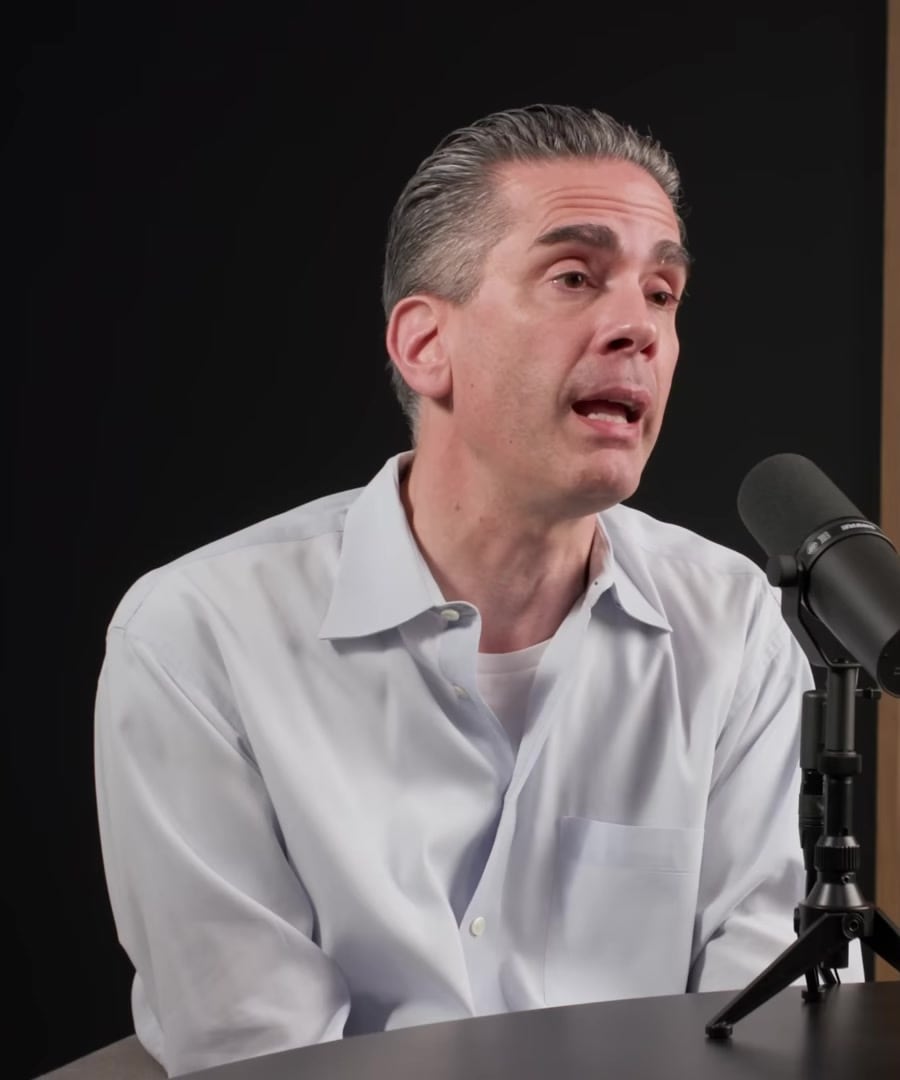What are your thoughts on near-death experiences (NDEs)? I’ve been reading a lot about them - books from authors like Eben Alexander and John Burke - both who are now very spiritual after their research or personal experience. From your scientific perspective as a neuroscientist, do you think these experiences are possible in our brains if we have no electrical activity? Could it be a phenomenon that their brains experience right as they’re resuscitated? So they only THINK that they had their experiences, when in actuality their brains created those experiences as they woke up? Or do you think this is beyond scientific explanation?
Sources:
Near-death experiences (NDEs) have been a topic of interest in the neuroscience community, largely because they raise questions about the nature of consciousness and brain function.
From a neuroscience perspective, has discussed how the brain's default mode network (DMN) is believed to enhance self-referential thoughts and is active when the brain is idling or not focused on external tasks. This could potentially relate to NDEs as periods where the DMN could be highly active, possibly contributing to the intense, vivid experiences reported by those who have undergone NDEs. This higher activity in midline structures of the brain during states where it's idling might also link to the ability of these individuals to experience phenomena that feel very real and vivid, such as out-of-body experiences or a meeting with divine entities 1.
Moreover, the brain's constant prediction of the future is a prominent theme in discussions around NDEs. As discussed by , the brain anticipates future scenarios, which is fundamental to its functioning. This anticipation might not be turned off even when someone is near death, potentially leading to experiences perceived as NDEs. These insights align with understanding why cultures worldwide have consistent narratives surrounding an afterlife—human brains struggle to conceive non-existence, hence, the narratives of enduring consciousness post-death 2.
To answer your specific question, yes, neuroscientifically, it's possible that NDEs occur as brain phenomena. The brain may indeed be creating these experiences during critical moments of trauma or resuscitation—moments when it might be highly active in certain areas, even in the absence of what we typically understand as normal conscious awareness. This doesn't necessarily reduce the psychological or spiritual significance of these experiences but frames them within the known operations of cerebral function.
Hence, from the scientific perspective presented in the , these experiences can be seen as genuine brain states, potentially induced by the brain's inherent mechanisms during extreme conditions, rather than something beyond scientific explanation.
RELATED QUESTIONSCould you provide more scientific research on near-death experiences?
Sources:
Here are more discussions on near-death experiences (NDEs) from a scientific perspective within the :
-
Robert Greene's Near-Death Experience: Robert Greene shares his experience after a stroke, discussing the disorienting effects on his perception of time and his sense of self. His insights emphasize the brain's integral role in shaping our consciousness and perceptions, even in the face of severe trauma 1.
-
Phantom Limbs and Grief: relates grief to the phenomenon of phantom limbs, illustrating how our minds can physiologically manifest our emotional attachments and losses. He explains the sensory and emotional experiences during grief as similar to having a phantom limb, highlighting how deep our brain's mapping of relationships and attachments goes 2.
-
Psychedelic Experiences and Brain: The effects of psychedelics, such as psilocybin, often parallel reports of NDEs with experiences of ego dissolution and profound connectedness. discusses how these substances can profoundly alter brain function, leading to significant emotional and perceptual impacts that could resemble NDEs 3.
-
Engaging with Mortality: Dr. David Linden explores the difficulty humans have in fully grappling with their own demise, connected to how our brains are always projecting into the future. This tendency may explain the prevalence of afterlife beliefs, providing a framework that may also relate to why NDEs are often interpreted as spiritual or transcendent experiences 4.
These discussions illustrate how neuroscientists interpret experiences and phenomena that are often considered spiritual or mystical, through the lens of brain function and its influence on our perceptions and experiences.
RELATED QUESTIONS-
Tell me more about the science behind near-death experiences.
Sources:
Near-death experiences (NDEs) encompass various phenomena, including altered perceptions of time, senses of disembodiment, and profound emotional experiences. The scientific insights into NDEs discussed in the involve exploring the brain's role in creating these experiences.
-
Perception of Self and Time Alteration: Robert Greene shares his insights from a near-fatal stroke, which dramatically altered his perception of time and the concept of self. During this traumatic event, he experienced time dilation and a loss of the usual structured sense of self, which led him to realize the extent to which the brain constructs our everyday reality. This revelation aligns with the reports from many who have had NDEs, describing a breakdown in the normal boundaries of self and time 1.
-
Role of Psychedelics in Similar Experiences: The parallels between psychedelic experiences and NDEs are noted, particularly regarding the dissolution of ego and altered consciousness. Psychedelics, such as psilocybin, have been shown to induce experiences that involve a sense of unity and profound emotional and perceptual changes, which mimic aspects of NDEs. These substances affect brain function in ways that can illuminate the mechanisms behind the profound experiences reported during NDEs 2.
-
Cognitive and Emotional Responses: The brain's default to myriad perceptual shifts, involving the visual and auditory systems, is also highlighted. These shifts can be artificially maintained and studied in controlled environments, such as during psychedelic therapy sessions, providing insights into how profound shifts in perception and cognition could occur naturally in NDEs 3.
-
Mortality and Consciousness: Dr. David Linden discusses the difficulty humans have in fully engaging with their own mortality, a struggle linked to the brain's predilection for future prediction. This ongoing anticipation of future events makes it challenging to conceive of one's end, suggesting why many may perceive NDEs as a confrontation with mortality or an extension into an afterlife. This aligns with common themes in NDEs where individuals report experiences of standing outside their physical bodies or existing beyond their physical demise 4.
These discussions provide a scientific framework for understanding the often mystical or spiritual descriptions associated with near-death experiences, emphasizing the central role of brain function in mediating these profound experiences.
RELATED QUESTIONS-
Explain how the brain constructs our sense of reality.
Sources:
The brain constructs our sense of reality through a series of complex processes that interpret sensory information and create a coherent experience of the world around us. This construction involves several key mechanisms:
-
Creation of a Seamless Reality: The brain integrates incoming sensory data to create what feels like a seamless experience. It organizes visual, auditory, and other sensory inputs into a coherent perception of reality. This includes creating a sense of a continuous self through time, as well as constructing familiar visual and auditory environments. Even colors and linear perceptions of time are constructs of the brain, tailored to make the sensory world comprehensible 1.
-
Modulation by Brain States: States like dreaming or the influence of substances alter how the brain interprets space and time. For example, during sleep or under the influence of psychedelics, the brain’s handling of spatial and temporal information becomes more fluid, akin to the dream state. These shifts can drastically alter one’s perception of reality by blending senses (synesthesia) and altering one's emotional landscape 2.
-
Neural Hypothesis Testing: The brain continually generates and tests hypotheses about the world. It uses incoming data to update these models and discard those that don't match with ongoing perceptions. Psychedelics, interestingly, can lower the threshold for awareness of these hypotheses, making the brain more open to considering alternative, less likely interpretations of incoming data. This can reveal insights or shift perceptions in ways that normal conscious processing would not 3.
Each of these components contributes to the brain's role as a master interpreter, perpetually constructing the reality we experience from incomplete and unstructured sensory inputs. These systems ensure a generally stable and consistent interaction with our environment but can be modulated under specific conditions, leading to varied perceptions of reality.
RELATED QUESTIONS-
List clips similar to "Unified Self"
Sources:
Here are some clips that explore themes similar to "Unified Self," focusing on aspects of self-awareness and personal identity:
-
Understanding Self Awareness: Dr. Paul Conti joins Andrew Huberman to discuss the components of self-awareness, including unconscious and conscious minds, character, and the function of self. They delve into defense mechanisms and how these elements contribute to our empowerment and sense of self [1].
-
True Self Care: The discussion involves authentic self-care beyond common perceptions, touching on constructing life narratives and understanding past and present to navigate forward effectively [2].
-
Self Awareness and Salience: This clip explores the tension between enhancing self-awareness and dealing with salient thoughts or traumas that may affect daily productivity and emotional state [3].
-
Mindfulness and Self-Awareness: Sam Harris and Andrew Huberman discuss how mindfulness and meditation can help manage emotions like anger and fear, thereby enhancing self-awareness and situational awareness [4].
-
Exploring Self Awareness: Paul Conti discusses various ways to enhance self-awareness, including self-reflection and understanding the unconscious aspects of our selves to improve overall mental health [5].
-
Building Self Awareness: This clip goes into the practical applications of building self-awareness and understanding the personal narratives that define our lives and influence our actions [6].
These clips provide a broad spectrum of insights into self-awareness and its impact on personal development and mental health.
RELATED QUESTIONS-
Who are some experts on near-death experiences?
Sources:
Here are some experts on near-death experiences and related topics such as neurobiology and consciousness:
-
Dr. Robert Sapolsky: A neurology and neuroendocrinology researcher at Stanford University, Dr. Sapolsky studies the effects of stress on physical and emotional health, which can relate indirectly to the cognitive and physiological aspects experienced during near-death experiences [].
-
Dr. David Linden: A neuroscience professor at Johns Hopkins University, Dr. Linden focuses on brain evolution, which could provide insights into the neurological aspects of near-death experiences [].
-
Dr. Matthew MacDougall: As the head neurosurgeon at Neuralink, Dr. MacDougall's work includes brain stimulation and augmentation, which could be relevant in understanding the brain's activity during near-death experiences [].
-
Dr. Peter Attia: A longevity physician, Dr. Attia explores a range of medical sciences that could intersect with phenomena observed in near-death experiences, such as altered consciousness and metabolic changes [].
These professionals have backgrounds that, while not specifically focused on near-death experiences, provide substantial knowledge related to the neuroscience that underpins them.
RELATED QUESTIONS-
Tell me about Peter Attia
Sources:
Dr. Peter Attia is a Canadian-American physician specializing in longevity medicine. He is the founder of Early Medical, a practice focused on extending life span and enhancing life quality. Dr. Attia trained at prestigious institutions including Stanford and Johns Hopkins. Notably, he completed a groundbreaking swim from Maui to Lanai and authored the bestseller "Outlive: The Science & Art of Longevity." He is also the host of "The Peter Attia Drive Podcast," where he dives deep into medical and health-related topics.
Dr. Attia has made appearances on several prominent podcasts such as , Found My Fitness, and Impact Theory, discussing a range of topics including metabolic health, longevity, and the nuances of human physiology. His expertise and insights are highly sought after in discussions related to health, aging, and longevity.
RELATED QUESTIONS
What are your thoughts on near-death experiences (NDEs)? I’ve been reading a lot about them - books from authors like Eben Alexander and John Burke - both who are now very spiritual after their research or personal experience. From your scientific perspective as a neuroscientist, do you think these experiences are possible in our brains if we have no electrical activity? Could it be a phenomenon that their brains experience right as they’re resuscitated? So they only THINK that they had their experiences, when in actuality their brains created those experiences as they woke up? Or do you think this is beyond scientific explanation?
- RELATED QUESTIONS
Could you provide more scientific research on near-death experiences?
- RELATED QUESTIONS
Tell me more about the science behind near-death experiences.
- RELATED QUESTIONS
Explain how the brain constructs our sense of reality.
- RELATED QUESTIONS
List clips similar to "Unified Self"
- RELATED QUESTIONS
Who are some experts on near-death experiences?
- RELATED QUESTIONS
Tell me about Peter Attia
- RELATED QUESTIONS
